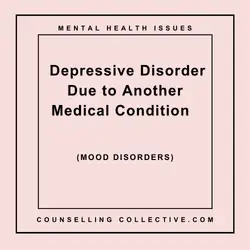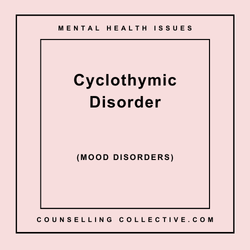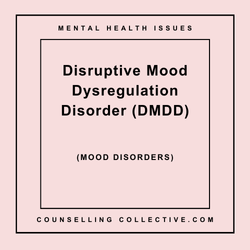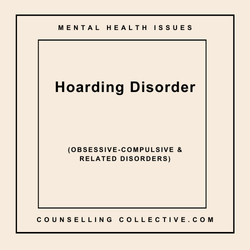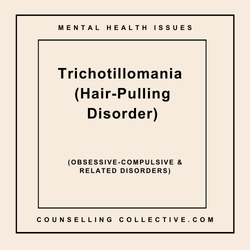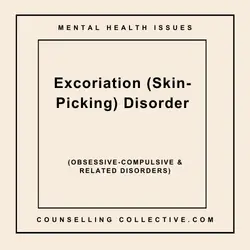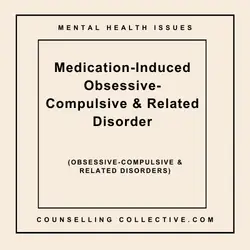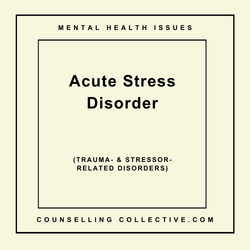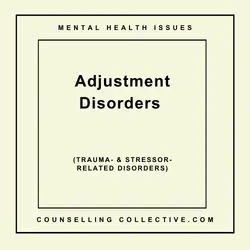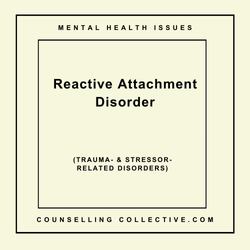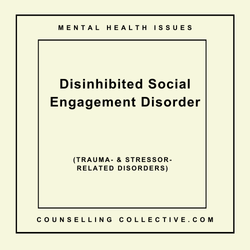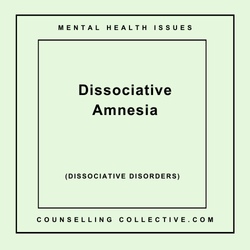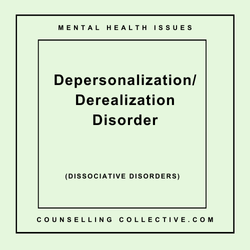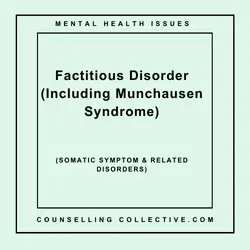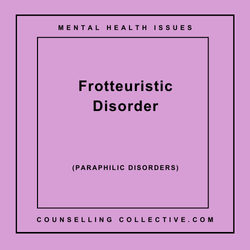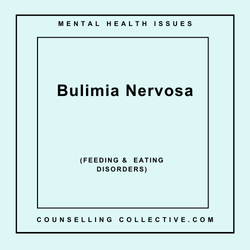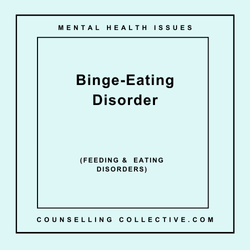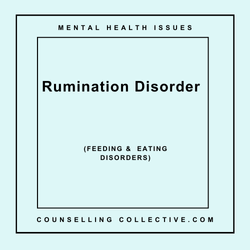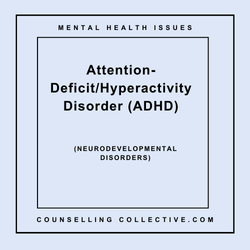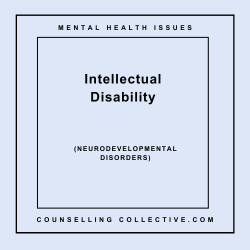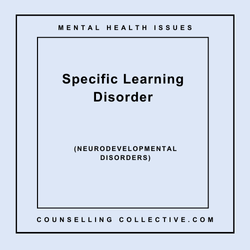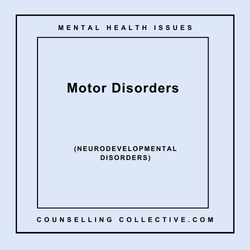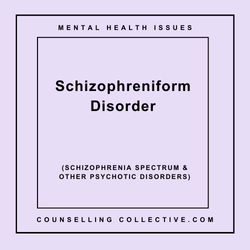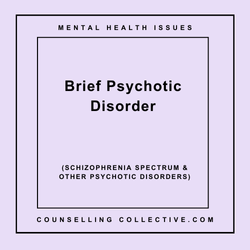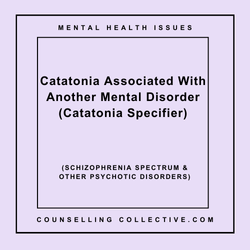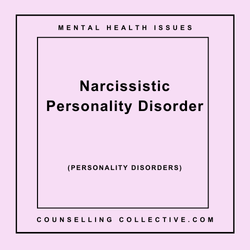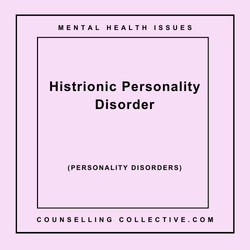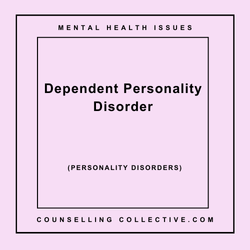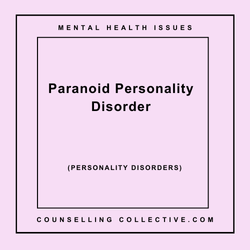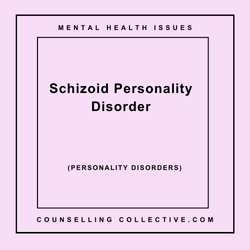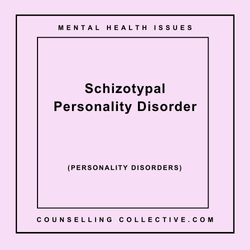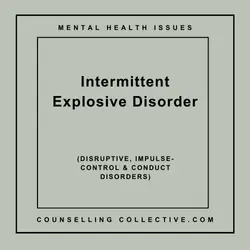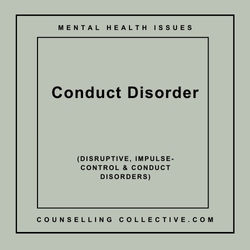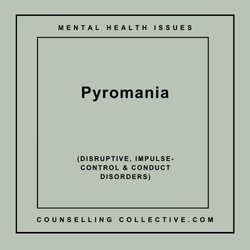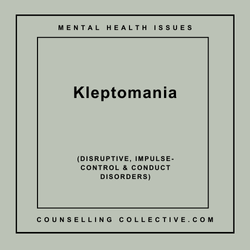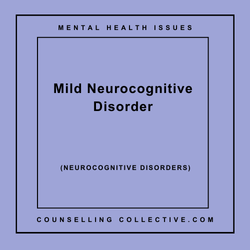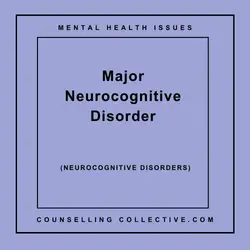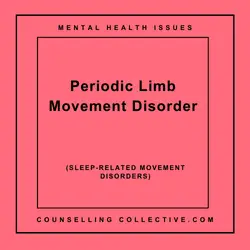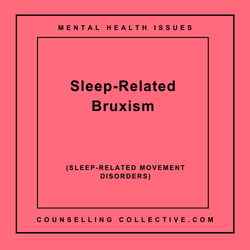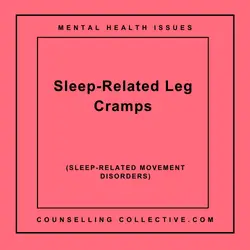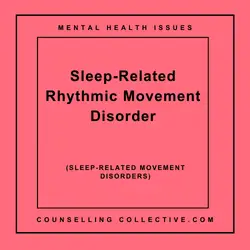This page organizes these key therapeutic methods into distinct categories, offering a comprehensive overview that guides you to the right approach for your needs. Whether you’re a mental health professional, a student, or someone seeking personal development, exploring these categorized therapies will help you make informed decisions for well-being and transformation.
Contents
- 1 Anxiety Disorders
- 2 Mood Disorders
- 3 Obsessive-Compulsive and Related Disorders
- 4 Trauma- and Stressor-Related Disorders
- 5 Dissociative Disorders
- 6 Somatic Symptom and Related Disorders
- 7 Feeding and Eating Disorders
- 8 Neurodevelopmental Disorders
- 9 Schizophrenia Spectrum and Other Psychotic Disorders
- 10 Personality Disorders
- 11 Conduct Disorders
- 12 Neurocognitive Disorders
- 13 Paraphilic Disorders
- 14 Sleep-Related Movement Disorders
Anxiety Disorders
Explore Types Of Anxiety Disorder Here
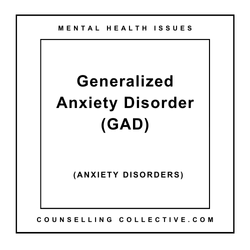
Generalized Anxiety Disorder (GAD)
Generalized Anxiety Disorder involves chronic worry about everyday events, often leading to physical symptoms like restlessness and fatigue.

Panic Disorder
Panic Disorder is marked by sudden, recurrent panic attacks with intense fear and physical symptoms like chest pain and shortness of breath
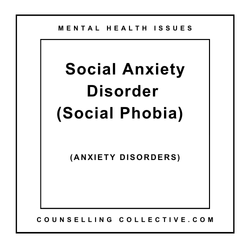
Social Anxiety Disorder
Social Anxiety Disorder causes overwhelming fear of social situations, leading individuals to avoid interactions due to fear of embarrassment or judgment.
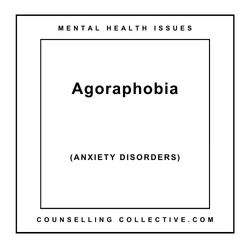
Agoraphobia
Agoraphobia involves fear of being in places where escape might be difficult, often resulting in avoidance of public spaces and social situations.
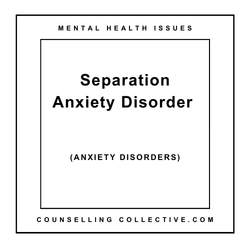
Separation Anxiety Disorder
Separation Anxiety Disorder leads to excessive fear and distress when separated from attachment figures, often disrupting daily life.
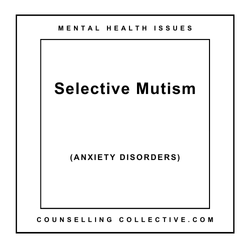
Selective Mutism
Selective Mutism is characterized by the inability to speak in certain social situations despite being able to speak in others, often related to anxiety.
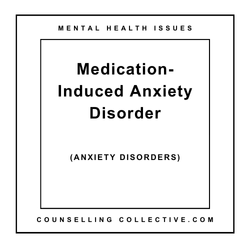
Medication-Induced Anxiety Disorder
Medication-Induced Anxiety Disorder occurs when medication use or withdrawal leads to significant anxiety symptoms, affecting mental and physical well-being.
Mood Disorders
Explore Types Of Mood Disorders Here
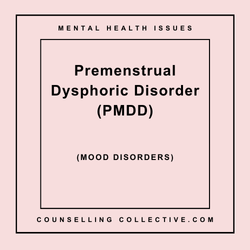
Premenstrual Dysphoric Disorder (PMDD)
PMDD causes severe mood swings, irritability, and physical symptoms in the luteal phase of the menstrual cycle, significantly impacting daily life.

Medication-Induced Depressive Disorder
DMDD is characterized by chronic irritability and severe temper outbursts that are disproportionate to the situation, affecting children and adolescents..
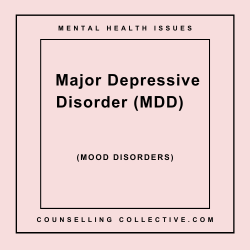
Major Depressive Disorder (MDD)
Major Depressive Disorder involves persistent feelings of sadness, hopelessness, and a loss of interest in daily activities, affecting overall functioning.
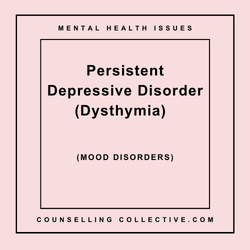
Persistent Depressive Disorder (Dysthymia)
Persistent Depressive Disorder is a chronic, long-term form of depression lasting for at least two years, with symptoms less severe than MDD.
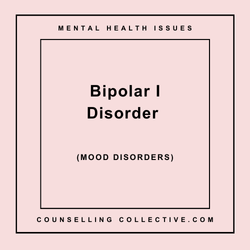
Bipolar I Disorder
Bipolar I Disorder is characterized by extreme mood swings, including manic episodes that may lead to impulsive behavior and depressive episodes causing intense sadness. (Manic & Depressive Episodes)
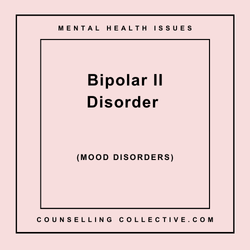
Bipolar II Disorder
Bipolar II Disorder includes recurring mood swings between depressive episodes and hypomanic episodes, with less severe mania compared to Bipolar I. (Hypomanic & Depressive Episodes)
Obsessive-Compulsive and Related Disorders
Explore Types Of Obsessive-Compulsive and Related Disorders Here

Obsessive-Compulsive Disorder (OCD)
OCD is marked by intrusive, unwanted thoughts (obsessions) and repetitive behaviors or mental acts (compulsions) aimed at reducing anxiety..
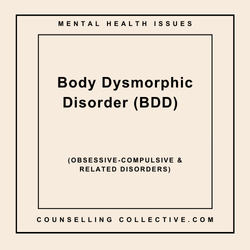
Body Dysmorphic Disorder (BDD)
BDD involves excessive preoccupation with perceived flaws in physical appearance, often leading to compulsive behaviors like mirror checking or grooming.
Trauma- and Stressor-Related Disorders
Explore Types Of Trauma- and Stressor-Related Disorders Here
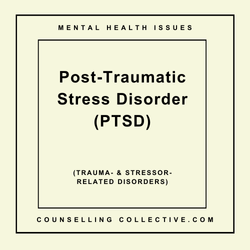
Post-Traumatic Stress Disorder (PTSD)
Post-Traumatic Stress Disorder (PTSD) is characterized by intrusive memories, flashbacks, and heightened anxiety following exposure to a traumatic event.
Dissociative Disorders
Explore Types Of Dissociative Disorders Here
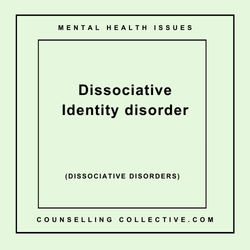
Dissociative Identity Disorder (DID)
Dissociative Identity Disorder (DID) is a condition characterized by the presence of two or more distinct identity states or personalities, often linked to traumatic experiences or severe stress.
Somatic Symptom and Related Disorders
Explore Types Of Somatic Symptom and Related Disorders Here
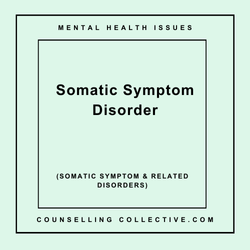
Somatic Symptom Disorder
Somatic Symptom Disorder is characterized by the presence of physical symptoms that cause significant distress or impairment, where the symptoms are not fully explained by a medical condition.
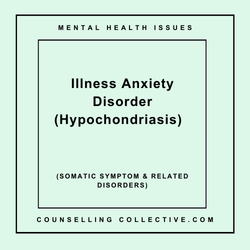
Illness Anxiety Disorder (Hypochondriasis)
Illness Anxiety Disorder (Hypochondriasis) is characterized by excessive worry about having or developing a serious illness, despite few or no symptoms and reassurance from medical professionals.
Feeding and Eating Disorders
Explore Types Of Feeding and Eating Disorders Here
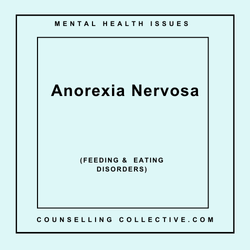
Anorexia Nervosa
Anorexia Nervosa is an eating disorder characterized by an intense fear of gaining weight, a distorted body image, and severe restriction of food intake, leading to significant weight loss and health complications.

Avoidant/Restrictive Food Intake Disorder (ARFID)
Avoidant/Restrictive Food Intake Disorder (ARFID) is an eating disorder characterized by a limited variety of foods consumed, leading to nutritional deficiencies, weight loss, or significant distress.
Neurodevelopmental Disorders
Explore Types Of Neurodevelopmental Disorders Here
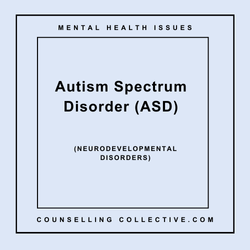
Autism Spectrum Disorder (ASD)
Autism Spectrum Disorder (ASD) is a developmental disorder characterized by challenges in social communication, repetitive behaviors, and restricted interests, with a wide range of severity and symptoms across individuals.
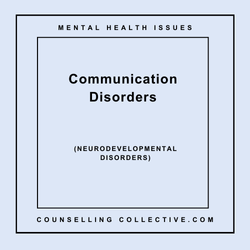
Communication Disorders
Communication Disorders are a group of conditions that affect an individual’s ability to communicate effectively, including challenges with speech, language, and social communication.
Schizophrenia Spectrum and Other Psychotic Disorders
Explore Types Of Schizophrenia Spectrum and Other Psychotic Disorders Here

Schizophrenia
Schizophrenia is a severe mental disorder characterized by distorted thinking, hallucinations, delusions, and impaired functioning, often leading to difficulties in distinguishing reality from fantasy.

Schizoaffective Disorder
Schizoaffective Disorder is a mental health condition characterized by a combination of symptoms of schizophrenia, such as hallucinations and delusions, along with mood disorder symptoms, such as depression or mania.
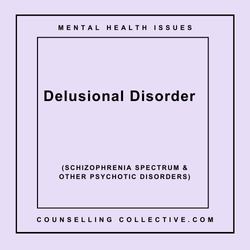
Delusional Disorder
EDelusional Disorder is a mental health condition characterized by the presence of persistent, false beliefs (delusions) that are not due to other medical or psychiatric conditions, with individuals often maintaining normal functioning outside of their delusional beliefs.
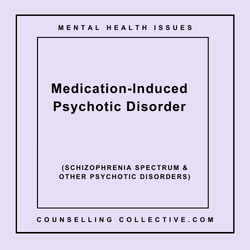
Medication-Induced Psychotic Disorder
Medication-Induced Psychotic Disorder is a condition where psychotic symptoms, such as delusions or hallucinations, are triggered by the use of certain medications, typically as a side effect, and resolve once the medication is discontinued.
Personality Disorders
Explore Types Of Personality Disorders Here
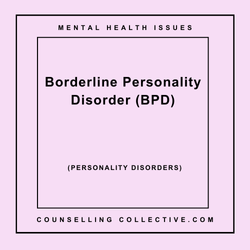
Borderline Personality Disorder (BPD)
Borderline Personality Disorder (BPD) is a mental health condition characterized by intense mood swings, unstable relationships, fear of abandonment, impulsive behavior, and a distorted self-image, often leading to emotional distress.
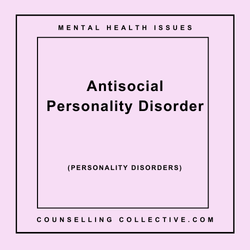
Antisocial Personality Disorder
Antisocial Personality Disorder is a mental health condition characterized by a disregard for the rights of others, manipulative behavior, deceitfulness, impulsivity, and a lack of remorse for harmful actions.
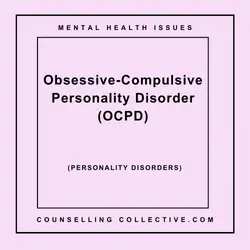
Obsessive-Compulsive Personality Disorder (OCPD)
Obsessive-Compulsive Personality Disorder (OCPD) is a personality disorder characterized by a preoccupation with orderliness, perfectionism, and control, leading to rigid thinking, difficulty delegating tasks, and a strong focus on rules and details.
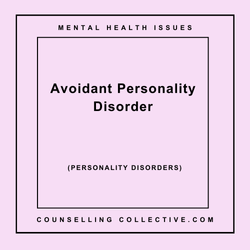
Avoidant Personality Disorder
Avoidant Personality Disorder is a condition characterized by extreme sensitivity to criticism, feelings of inadequacy, and a strong fear of rejection, leading to social inhibition, avoidance of interpersonal interactions, and difficulty forming close relationships.
Conduct Disorders
Explore Types Of Conduct Disorders Here
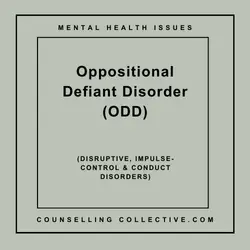
Oppositional Defiant Disorder (ODD)
Oppositional Defiant Disorder (ODD) is a behavioral condition in children and adolescents characterized by a pattern of defiant, argumentative, and hostile behavior toward authority figures, often leading to challenges in family.
Neurocognitive Disorders
Explore Types Of Neurocognitive Disorders Here
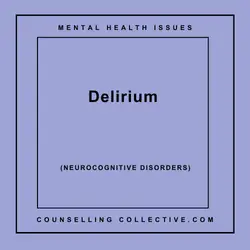
Delirium
Delirium is a severe, short-term disturbance in attention, awareness, and cognition, often caused by underlying medical conditions, medications, or infections, and characterized by confusion, disorientation, and fluctuating levels of consciousness.
Paraphilic Disorders
Explore Types Of Paraphilic Disorders Here
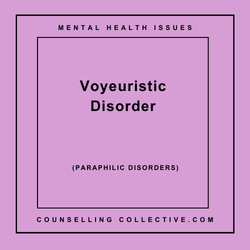
Voyeuristic Disorder
Voyeuristic Disorder is a sexual disorder characterized by the recurrent, intense urge to observe unsuspecting individuals who are naked, in the process of undressing, or engaging in sexual activity, often leading to significant distress or impairment in functioning.
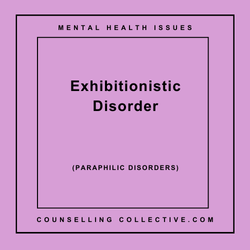
Exhibitionistic Disorder
Exhibitionistic Disorder is a sexual disorder characterized by the recurrent, intense urge to expose one’s genitals to unsuspecting individuals, often causing distress or harm to others, and leading to significant social or legal consequences.
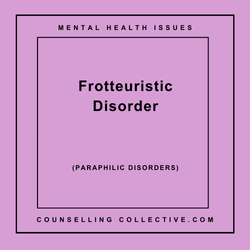
Frotteuristic Disorder
Frotteuristic Disorder is a sexual disorder characterized by the recurrent, intense urge to touch or rub against a non-consenting person, often in public settings, leading to distress, impairment, or legal issues for the individual engaging in the behavior.
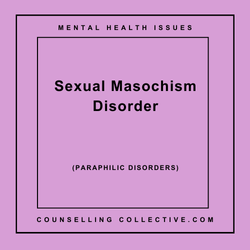
Sexual Masochism Disorder
Sexual Masochism Disorder is a sexual disorder characterized by the recurrent, intense urge to derive sexual pleasure from being hurt, humiliated, or made to suffer, which causes significant distress or impairment in functioning, often affecting relationships or daily life.
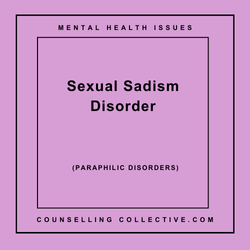
Sexual Sadism Disorder
Sexual Sadism Disorder is a sexual disorder characterized by the recurrent, intense urge to inflict pain, suffering, or humiliation on another person for sexual gratification, which leads to distress, harm, or impairment in relationships and functioning.
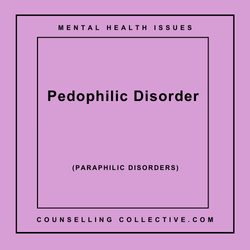
Pedophilic Disorder
Pedophilic Disorder is a psychiatric condition characterized by an adult’s recurrent, intense sexual attraction to prepubescent children, typically 13 years old or younger, which causes distress or leads to harmful behaviors, such as acting on these urges or fantasizing about them.
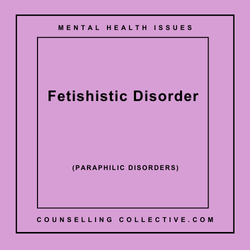
Fetishistic Disorder
Fetishistic Disorder is a sexual disorder characterized by the recurrent, intense sexual arousal from non-living objects or specific body parts, which causes significant distress or impairment in daily functioning or relationships.
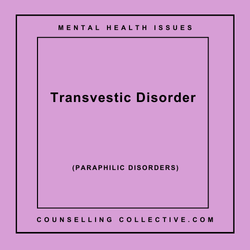
Transvestic Disorder
Transvestic Disorder is a sexual disorder characterized by the recurrent, intense sexual arousal from dressing in clothing typically associated with the opposite gender, which causes significant distress or impairment in functioning, such as in relationships or daily activities.
Sleep-Related Movement Disorders
Explore Types Of Sleep-Related Movement Disorders Here
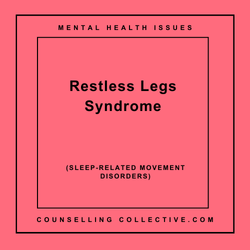
Restless Legs Syndrome
Restless Legs Syndrome (RLS) is a neurological condition characterized by an irresistible urge to move the legs, often accompanied by uncomfortable sensations, particularly when at rest or during sleep, leading to difficulty falling asleep and daytime fatigue.

